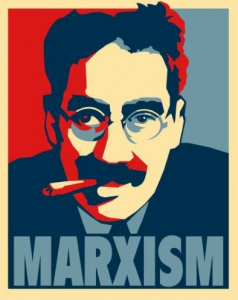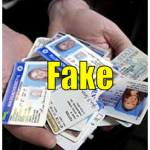 Groucho Marx once observed “I was married by a judge. I should have asked for a jury.”
Groucho Marx once observed “I was married by a judge. I should have asked for a jury.”
I am having a similar reaction after browsing the coverage of last night’s final Presidential debate. Continue reading

 Groucho Marx once observed “I was married by a judge. I should have asked for a jury.”
Groucho Marx once observed “I was married by a judge. I should have asked for a jury.”
I am having a similar reaction after browsing the coverage of last night’s final Presidential debate. Continue reading
 When proponents of the photo ID constitutional amendment burst onto the scene, they identified themselves as “reformers.” As a result, many reform-minded Minnesotans initially accepted their reform claim at face value. In June, a poll found the proposal was backed by nearly six-out-of-ten (58%) voters.
When proponents of the photo ID constitutional amendment burst onto the scene, they identified themselves as “reformers.” As a result, many reform-minded Minnesotans initially accepted their reform claim at face value. In June, a poll found the proposal was backed by nearly six-out-of-ten (58%) voters.
But over the course of the summer and fall, Minnesotans began to scrutinize the “reformer” claim more closely. Many discovered that the alleged “reformers” were trying to deceive them with what amounts to a really bad fake ID.
As the non-partisan League of Women Voters and many others have pointed out, the voting “reformers” are actually voting restricters, intentionally seeking to suppress the votes of people least likely to have photo IDs – seniors, minorities, poor people and college students. This message is finally starting to get out.
Who is figuring it out the fastest? Non-white Minnesotans. Though I earlier noted that 68% of non-white Minnesota voters supported the photo ID in an early June 2012 Public Policy Polling (PPP) survey, that number has decreased dramatically to 55% in an October PPP survey. Clearly minority voters, whose families have endured literacy tests and scores of other procedural barriers to keep them from voting, are beginning to smell another voter suppression rat.
Seniors are catching on too. The support of Minnesotans older than 65 years old has decreased from 55% in June to 45% in October. This is a key development, because Minnesota has a lot of seniors, and they are more reliable voters than many other groups.
Independent voters are also getting it, though a bit less slowly. In June, 58% of self-identified Independents supported the photo ID amendment, and this month that number had decreased a bit to 52%.